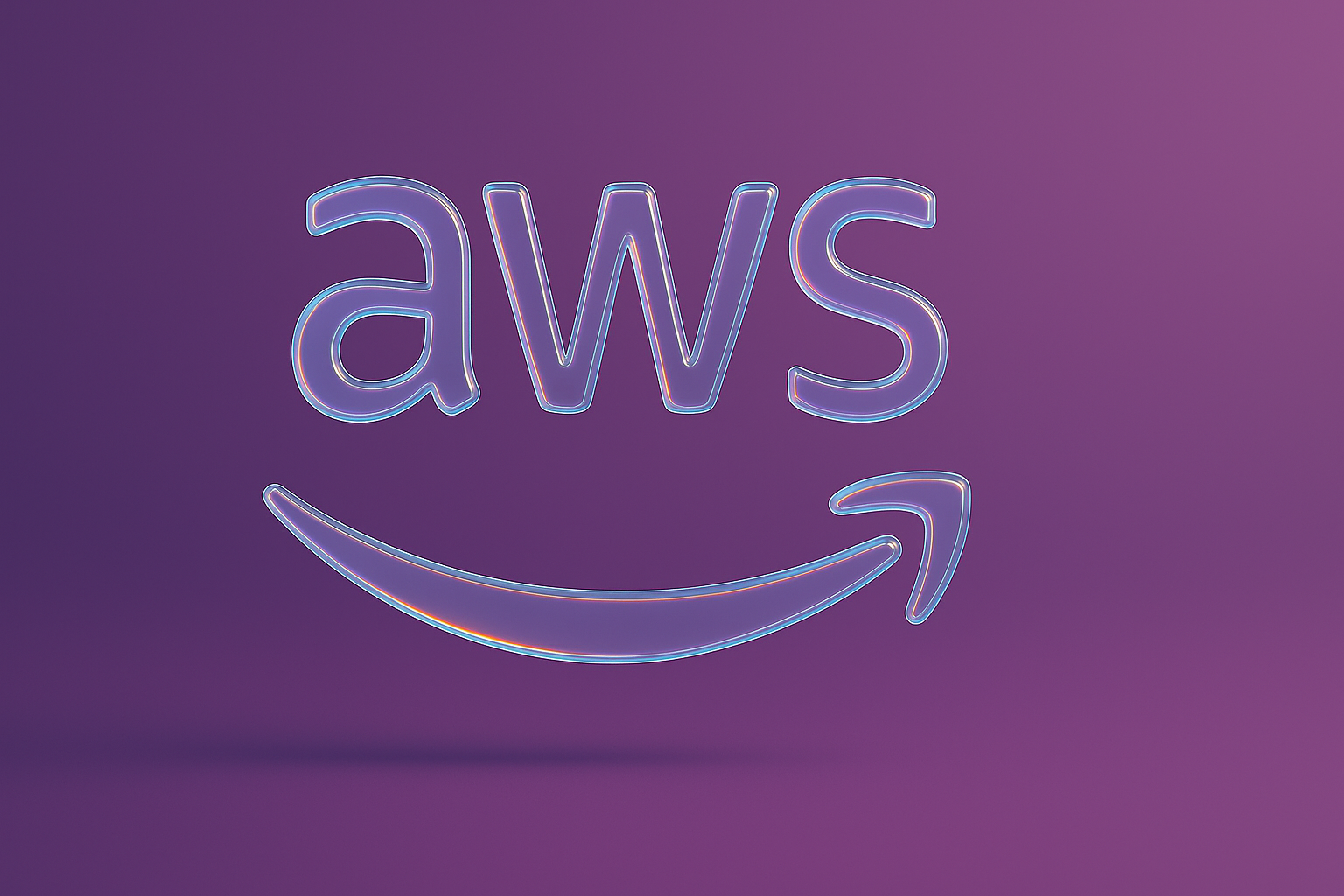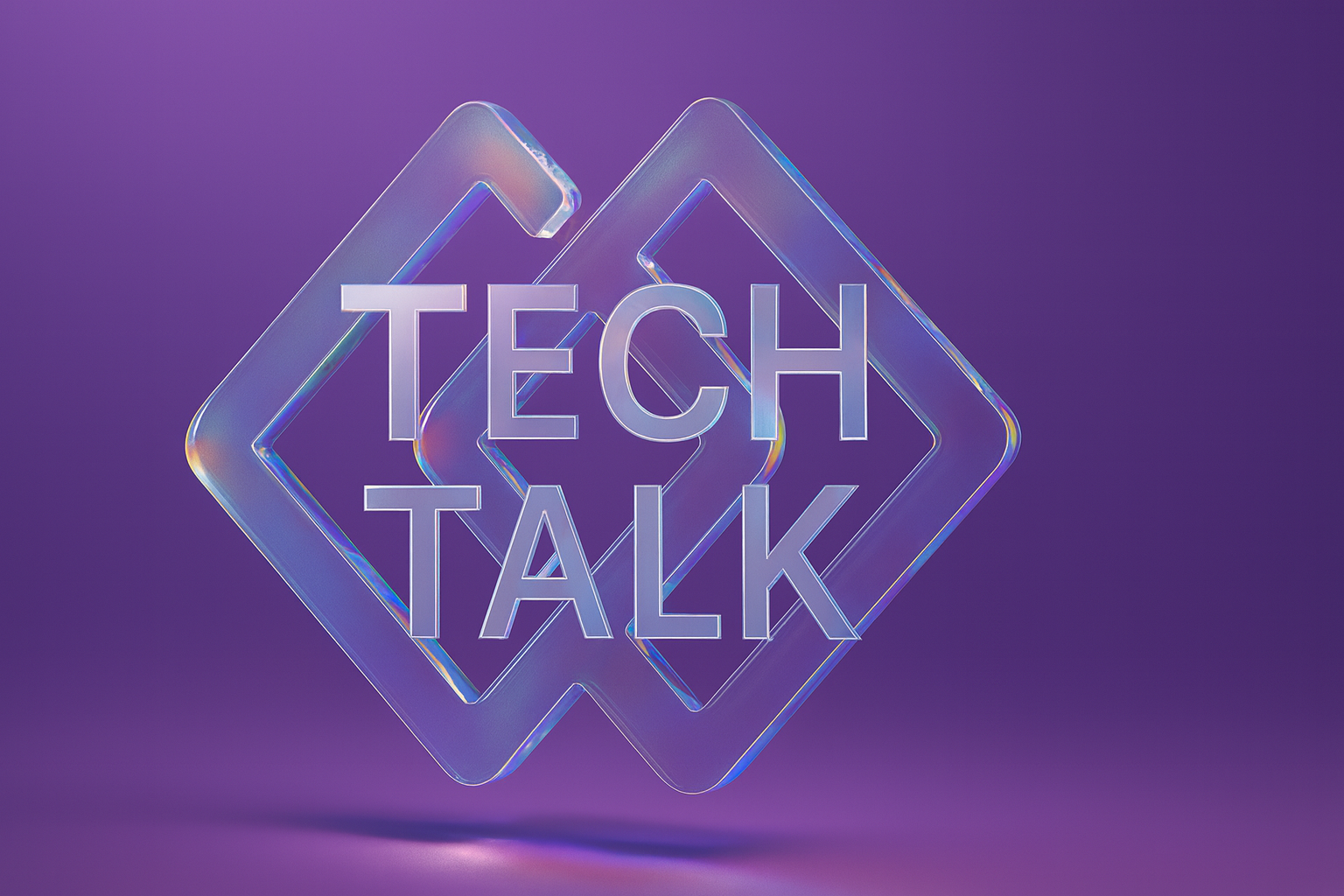Artificial intelligence is transforming the pharmaceutical industry, cutting drug development timelines, reducing costs, and accelerating access to life-saving treatments. In an industry where breakthroughs often take decades and billions of dollars, artificial intelligence is rewriting the playbook—streamlining everything from discovery to production.
For years, developing a new drug meant sifting through endless data, running lengthy clinical trials, and navigating regulatory hurdles that could delay progress for years.
AI is changing that.
With its ability to analyze massive datasets, predict trial outcomes, and identify new drug applications, AI is helping researchers move faster and with greater precision.
Beyond discovery, AI is making clinical trials more efficient and effective, identifying the right patient groups and reducing trial failures. It’s transforming manufacturing, ensuring quality control, minimizing waste, and optimizing production in once impossible ways. Even in regulatory compliance, AI is streamlining documentation and monitoring safety risks in real time, reducing the complexity of meeting stringent industry standards.
The pharmaceutical pipeline is no longer limited by traditional bottlenecks.
AI is turning what was once a slow-moving process into a dynamic, data-driven revolution—one that promises not just faster treatments but a more innovative and cost-effective industry. Here’s how AI is shaping the future of pharmaceuticals.
Why is AI used in Pharmaceuticals?
AI is used in the pharmaceutical industry because traditional methods are too slow, expensive, and inefficient to meet modern healthcare demands.
Here’s why AI is necessary:
Speeding Up Drug Discovery
Traditional drug discovery process takes 10–15 years and costs billions. AI models accelerate this process by predicting drug efficacy, optimizing drug candidates, and repurposing existing drugs. Companies like Insilico Medicine and DeepMind’s AlphaFold use AI to model protein structures, reducing trial and error.
Analyzing Biological Data and Handling Biological Complexity
Human biology and disease interactions are too intricate for traditional statistical methods alone. AI can process genetic, proteomic, and biochemical data to identify disease mechanisms, analyzing biological data to uncover potential drug candidates and predict their efficacy and safety. Additionally, AI processes vast amounts of chemical and biological data, enhancing drug efficacy and safety profiles, which accelerates the drug discovery process. Personalized medicine relies on AI to tailor treatments to individual patients.
Improving Clinical Trials
AI optimizes trial design by selecting ideal patient groups, predicting outcomes, and detecting issues early. This reduces trial failures and costs while increasing the chances of regulatory approval. Companies like BenevolentAI use AI to refine trial parameters for better success rates.
Combating Emerging Diseases
AI helps predict viral mutations and design targeted treatments faster by identifying potential drug candidates. Tools like EVEScape forecast how viruses evolve, aiding vaccine and antiviral drug development. This is critical for responding to pandemics and drug-resistant infections.
Reducing Costs and Increasing Efficiency
AI improves manufacturing by predicting equipment maintenance needs, enhancing quality control, reducing waste, and preventing production delays. In supply chain management, AI forecasts demand, preventing shortages and ensuring timely drug distribution.
Without AI, the pharmaceutical industry would struggle to keep up with the growing complexity of medicine, evolving diseases, and the demand for faster, more precise treatments.
Recent Advancements in AI in Pharmaceuticals
Recent advancements in AI within the pharmaceutical industry are transforming drug discovery, development, and patient care. Here are some key developments:
1. Precision Medicine and Gene Therapy
- Gene Therapy: AI enhances gene therapy by allowing personalized treatments that address genetic causes of diseases. Genetic testing provides insights into individual genetic makeup, enabling tailored treatment plans.
- Precision Medicine: This approach focuses on individualized care, leveraging AI to analyze genetic data and predict disease progression, leading to more effective treatments.
2. Generative AI in Drug Discovery
- Drug Design: Generative AI designs new drugs by predicting drug-target interactions and optimizing molecular structures. This reduces the time and cost associated with traditional trial-and-error methods.
- In-Silico Trials: AI-powered digital twins simulate clinical trials, predicting outcomes with high accuracy and accelerating drug development.
3. AI in Clinical Trials
- Digital Twins: AI-driven models simulate patient responses, allowing for more efficient clinical trials with fewer participants. This approach reduces costs and speeds up the development process.
- Real-Time Monitoring: AI enables real-time data analysis during trials, facilitating adaptive protocols that enhance patient safety and efficacy assessments.
4. Nature-Inspired Drug Discovery
- Metabolomics: AI analyzes metabolites from natural sources, more efficiently identifying promising drug candidates. This approach can lead to faster and cheaper drug development.
- Protein Analysis: Companies like Basecamp Research use AI to analyze proteins from diverse natural environments, uncovering new therapeutic opportunities.
5. Supply Chain Optimization
- AI in Logistics: Pharmaceutical companies leverage AI to optimize supply chains, enhance resilience, and expand into emerging markets.
6. Data Efficiency and Collaboration
- Data Sharing: The industry is moving towards standardized data reporting and sharing to improve AI model accuracy and efficiency.
- Collaboration: Companies are partnering with tech firms to enhance AI capabilities, speed up drug development, and improve success rates.
- Natural Language Processing: NLP automates clinical trials and improves the efficiency of adverse event report processing. By streamlining data management, NLP accelerates the analysis needed for clinical development and drug discovery.
These advancements will significantly reduce drug development timelines and costs while enhancing patient outcomes through personalized treatments.
Challenges to AI's Role in Pharmaceuticals
AI can potentially transform pharmaceuticals, but several barriers stand in the way of widespread adoption. These challenges aren’t just obstacles—they’re necessary steps toward innovation.
Data challenges
AI relies on vast datasets, but quality and consistency remain issues. Limited access to high-quality data, dataset biases, and poor interoperability make AI-driven insights unreliable. Errors from misreported data further complicate accuracy.
Implementing better data management strategies can help. Scilife suggests using FAIR data principles with ALCOA guidelines to improve data quality and enhance AI’s reliability in pharmaceutical applications.
Ethical and privacy concerns
AI in healthcare raises privacy and regulatory issues. A study found that 58.9% of participants were concerned about patient data privacy, while 67% cited the lack of clear legal regulations as a significant risk, especially regarding data protection.
Regulations need to catch up with AI’s rapid development. Clear legal frameworks and stronger data governance will build trust and ensure ethical AI use in pharmaceuticals.
The Future of AI’s Role in Pharmaceuticals for Rare Diseases
AI is reshaping rare disease treatment, offering new possibilities for long-neglected conditions. Over 7,000 rare diseases affect 300 million people worldwide, yet only a small fraction have FDA-approved treatments. AI is filling critical gaps in drug discovery and development.
AI-Driven Drug Repurposing
Harvard Medical School researchers have developed TxGNN, an AI model that identifies potential treatments by analyzing shared genomic features across diseases. Instead of targeting individual conditions, this approach uncovers new uses for existing drugs, accelerating treatment development.
The model is freely accessible to clinician-scientists, expanding research opportunities for diseases with limited understanding.
Advancing Personalized Medicine
AI is refining personalized treatment strategies by predicting drug responses and optimizing regimens. Machine learning models analyze genetic, environmental, and biomedical data to identify drug efficacy and safety biomarkers. This allows for tailored treatments that improve outcomes while minimizing side effects.
AI’s role in rare disease treatment is evolving, but it’s already shifting the landscape from uncertainty to actionable solutions.
How AI is Already Transforming Pharmaceuticals
AI is no longer just a promising concept in pharmaceuticals—it’s actively driving breakthroughs.
From accelerating drug discovery to optimizing clinical trials, pharmaceutical companies are integrating AI into their processes and seeing real results. The impact goes beyond efficiency; AI is helping researchers uncover new treatments faster, reduce trial failures, and improve manufacturing precision.
As adoption grows, AI is becoming a critical force in shaping the future of medicine.
Pfizer’s AI-Accelerated COVID-19 Response
Pfizer leveraged AI through partnerships with Tempus, CytoReason, and Gero. The technology played a critical role in accelerating the development of Paxlovid during the COVID-19 pandemic, reducing drug discovery timelines from the usual 5–6 years to just one.
AstraZeneca’s AI-Driven Drug Development
AstraZeneca has partnered with BenevolentAI and Qure.ai to tackle complex diseases like chronic kidney disease and pulmonary fibrosis. These partnerships highlight how AI is driving breakthroughs in treating chronic conditions.
Insilico Medicine’s AI-Designed Drug
In June 2023, Insilico Medicine advanced a fully AI-generated drug into Phase 2 clinical trials in both the U.S. and China. The treatment targets a rare lung disease and is one of the first AI-designed drugs to reach this stage, marking a significant milestone in AI-driven drug development.
The New Era of AI in Pharmaceuticals
AI isn’t just enhancing pharmaceuticals—it’s redefining how new drugs are discovered, tested, and brought to market. What was once met with skepticism is now an industry-wide transformation, with 91% of life science executives recognizing AI’s value and a growing majority actively integrating it into drug development.
The financial impact is just as significant.
McKinsey estimates AI could generate up to $110 billion in annual value across key pharmaceutical applications, with cumulative benefits reaching $410 billion by 2025. The market itself is rapidly expanding, projected to grow from $3.05 billion in 2024 to $18.06 billion by 2029—with AI-driven breakthroughs in genomics, personalized medicine, and cancer research accelerating even faster.
Tribe AI helps pharmaceutical companies harness AI’s full potential, connecting them with top AI specialists who understand both machine learning and drug development. From molecule design to clinical trials, we develop and implement AI solutions that drive real-world impact. Let’s accelerate the future of medicine—together.




.jpeg)








